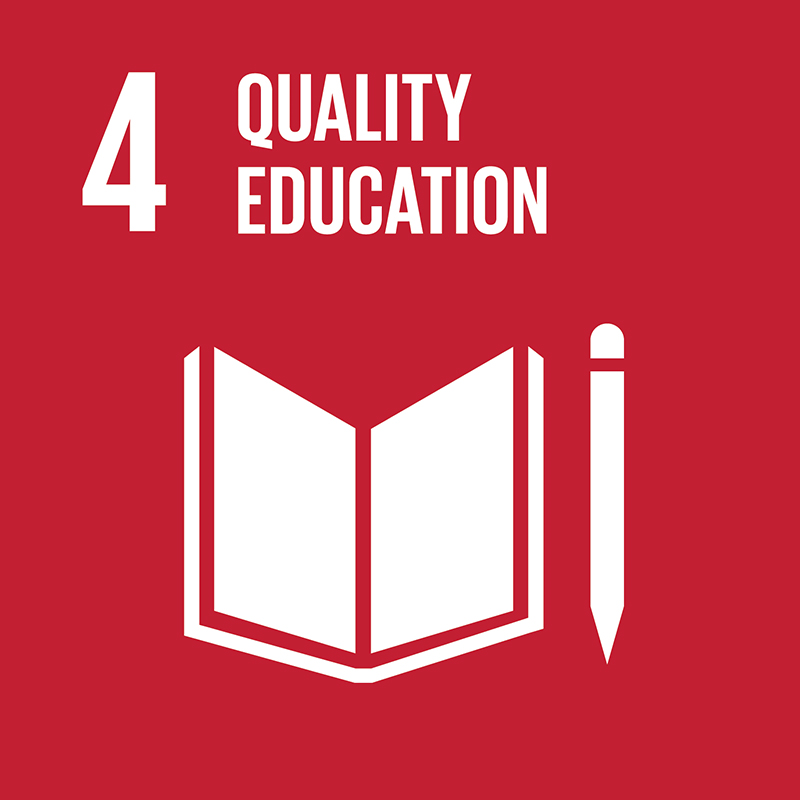4.6 Universal youth literacy

The Council of Europe, in its contribution to ensuring that all youth and a substantial proportion of adults achieve literacy and numeracy, works in particular on language programmes for migrants and other vulnerable groups. For example, it encourages its member States to recognise their specific responsibilities in relation to language training for adult migrants, which for a long time was seen solely as the responsibility of migrants themselves. This language support must have objectives such as ensuring a level of competence in oral communication, a crucial element of social life, in particular in the workplace. However, it should also seek to generate a sense of belonging to the migrants’ new social environment, in addition to their existing loyalties, while bearing in mind that this sense of belonging depends too on the migrants’own plans (for instance, permanent or temporary settlement).



